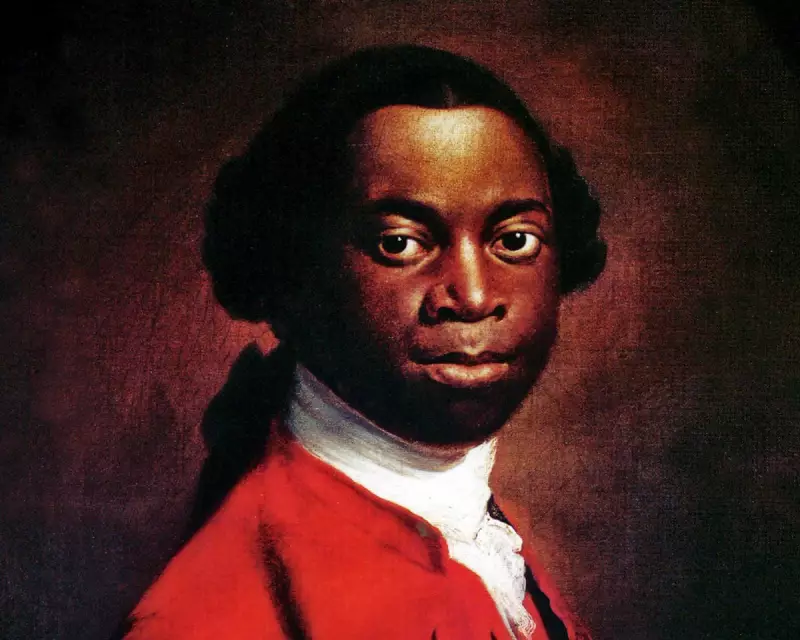
In an extraordinary piece of historical detective work, an A-level student from south London has solved a mystery that had eluded historians for centuries - locating the lost grave of Joanna Vassa, daughter of renowned abolitionist Olaudah Equiano.
The School Project That Made History
What began as routine research for a history assignment transformed into a significant archaeological breakthrough when 17-year-old Sasha Esene followed a trail of historical documents that professional researchers had overlooked.
"I was just trying to find interesting local history for my coursework," the modest sixth-former explained. "I never imagined I'd actually solve a genuine historical mystery."
The Father-Daughter Legacy
Olaudah Equiano's remarkable life story is well-documented - from his early enslavement to becoming a leading voice in the British abolition movement through his influential autobiography. However, the story of his daughter Joanna had largely faded from historical record.
Born in 1795, Joanna was just six years old when her famous father passed away. She inherited a substantial estate that included proceeds from his bestselling narrative, "The Interesting Narrative of the Life of Olaudah Equiano, or Gustavus Vassa, the African."
The Search That Paid Off
Esene's breakthrough came through meticulous examination of burial records at the London Metropolitan Archives. She discovered that Joanna Vassa, who died in 1857 at age 62, had been buried in a nonconformist section of St John-at-Hackney churchyard.
"The records showed she was buried in what was essentially a dissenters' graveyard," Esene noted. "This explained why she'd been so difficult to locate in conventional Anglican burial records."
A Physical Memorial Confirmed
Following the paper trail, archaeologists from the University of Leicester conducted ground-penetrating radar surveys that confirmed the presence of burial shafts matching the historical records. While the original headstone has been lost to time, the location has been definitively identified.
Dr. Hannah Jeffery, the academic supervisor for the project, described the find as "extraordinarily significant for understanding the legacy of Britain's black historical figures."
Connecting Past and Present
The discovery adds a poignant chapter to the Equiano family narrative. Joanna never married and lived her entire life in London, witnessing the final implementation of the Slavery Abolition Act 1833 that her father had fought so hard to achieve.
Local historians now plan to install a new memorial plaque at the Hackney burial site, ensuring that both father and daughter receive proper recognition for their place in British history.





